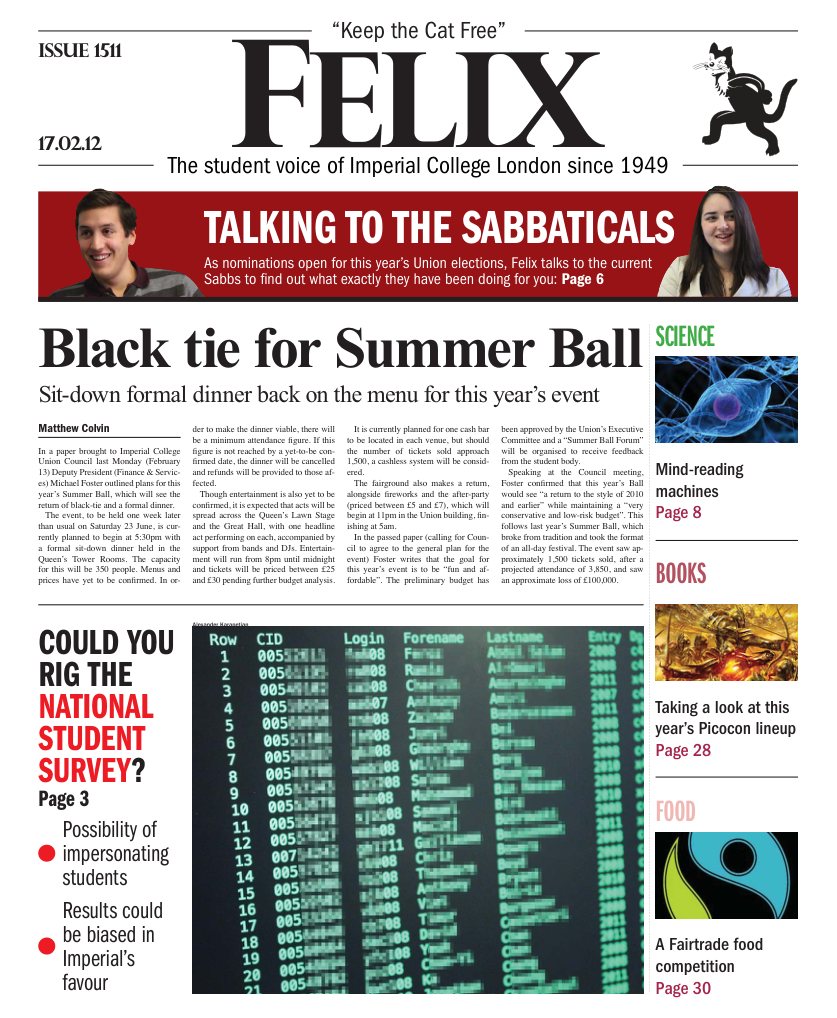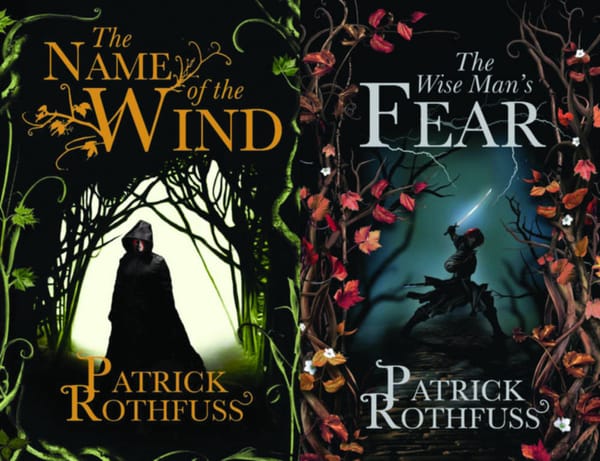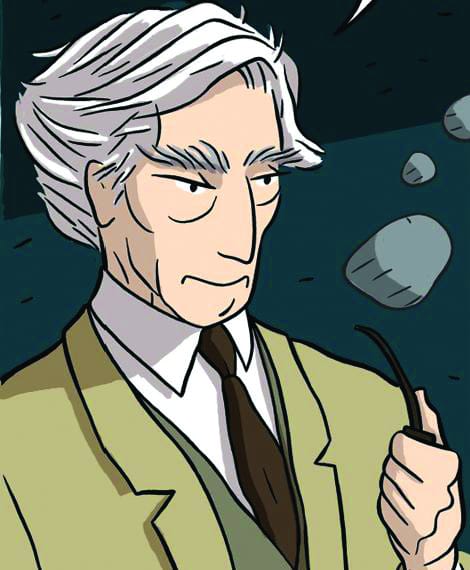The pick of this year’s Picocon
A look at some of the books by the Guests of Honour at Imperial’s Sci-Fi convention
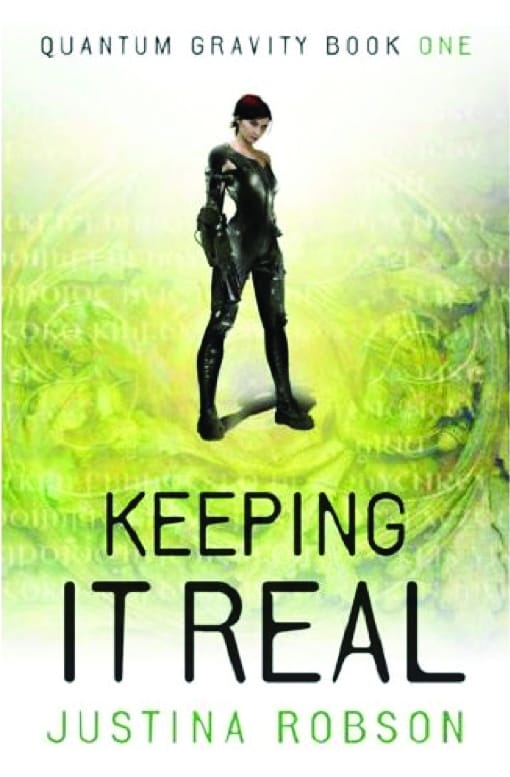
_Keeping it Real _by Justina Robson
With a title like _Keeping it Real _and a cover illustration of a semi-cyborg super woman you might be forgiven for assuming the first book of Justina Robson’s _Quantum Gravity _series is the kind of escapist trash that has us all hating on Stephanie Meyer. The fact that the series is entitled _Quantum Gravity _gives some hint that there may be more to things than instantly meet the eye, and this is definitely the case.
Though Lila Black is a massively enhanced superhuman spy, there are a number of departures from the sort of self-sufficient, badass feminist character whom you would expect here. Lila comes with flaws aplenty, which initially crop up as just this. Later the details of the accident that left her at death’s door become more and more clear and what looks like an irrational hatred and fear of certain aspects of what proves to be a very interesting world are actually completely justified… just in time for them to be completely transformed.
I mention that the world is interesting, but what I should probably say is the ‘worlds’ plural are interesting. _Keeping it Real _is set in a hemorrhaging mash up of the realms of men, elves, demons, fey and elementals, all bleeding into one another to some degree. In contrast to Robson’s earlier works this is not, at least in the first book, particularly science heavy, and if you’re the kind of person that needs a logical explanation as to why a supercollider would explode and create passages into magical realms then perhaps this series isn’t for you.
Overall the science is reasonably believable if not always explicable and this leaves time free in the short novel to flesh out what I (and I assume Ms Robson) think to be the more important issues of Lila herself, as well as the colorful and disparate worlds that she walks the character through throughout the series. Perhaps more importantly for a science-fantasy fusion the magical system is consistent, interesting and logical. It contains interesting elements such as the “games” that are essentially magically enforced wagers that can have extreme consequences and are often entered into unknowingly by humans unable to play them out as confidently as the elves and other magically endowed beings from the other realms.
Book One focuses primarily on the elves and the Elvish realm and culture that Lila is unwillingly dragged into despite a hatred and revulsion for this secretive and different race – and the magic that comes with them. In her undercover mission to protect perhaps the oddest elf in all the realms – Zal, lead singer of a rock band rising rapidly to superstardom despite the fact that “elves don’t rock” – Lila has to try to ascertain the validity of death threats that lead into a much bigger and more complex plot than she or her superiors ever imagined.
Add to this the identity issues inherent in a 21 year old who’s been rebuilt with largely prosthetic, or in fact robotic, body parts, unable to return to her home or her family and friends. A 21-year-old who has, of course, made the mistake of getting into a romantic game with Zal along the way (this is perhaps a little predictable… but who really cares so long as it’s hot, right?).
_Keeping it Real _has all the elements needed for an enthralling read and delivered in a humorous and effortless manner I’d really recommend it. The series, now onto its fifth book, has been extremely successful and I look forwards to finding some time to consume those that I haven’t gotten round to. --Alex Savell
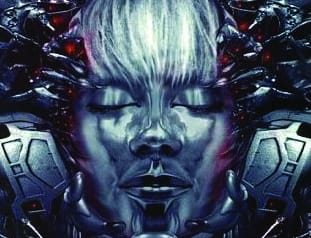
_Silver Screen _by Justina Robson
Anjuli O’Connor is having a tough time – her oldest friend has just died after trying to upload his consciousness to the internet. She is being forced by her company to testify at a court case that will determine the legal rights of artificial intelligences and various extremist groups would like nothing better than to see her dead. Welcome to the world of _Silver Screen _– Justina Robson’s cyberpunk masterpiece.
At its core this book is a fascinating journey of discovery as both Anjuli and 901, the AI she works with, struggle to find their place in the world. This naturally leads on to the compelling theme of what is consciousness as the book asks: how do we define a human being?
It’s also refreshing that, instead of the default cyberpunk setting of a sprawling megacity, much of the action in Silver Screen takes place in an England that is not to unrecognisable from the country today. It took a bit of getting used to high stakes intrigue playing out in places like Manchester, an unusual setting for this kind of literature, but it certainly added a sense of intimacy to the story, and a feeling that the situations it described could really happen. --Maciej Matuszewski
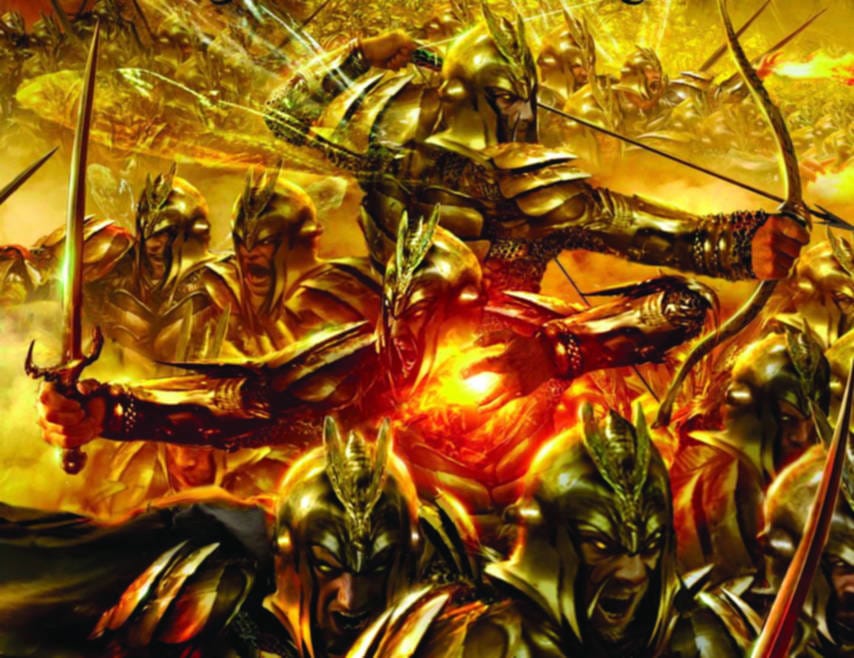
_Empire in Black and Gold _by Adrian Tchaikovsky
Empire in Black and Gold is the first book in Adrian Tchaikovsky’s long running _Shadows of the Apt _series. The series is set in an intriguing universe populated by a number of different humanoid races – each named after, and sharing certain characteristic (such as wings) with, a specific insect or arachnid species. This is a world were magic and relatively advanced technology, such as ornithopters and steam power, coexist – an interesting idea that gives a very attractive, almost steampunk-like, feel to the novels.
This first book in the series deals with the beginning of the war of conquest waged by the Wasp Empire against the Beetle city-states of the Lowlands. The opening chapter grabs you instantly with its vividly described battle scene. The book rarely lets up the pace afterwards as it follows the desperate attempts, spurred on by his being present at the brutal capture of the city of Myna seventeen years previously, of Stenwold Maker to prepare his people for the deadly onslaught of the Wasp armies. In short, a perfect book for anyone who likes well written action and intrigue. --Maciej Matuszewski
_Double Vision _by Tricia Sullivan
_Double Vision _follows Karen ‘Cookie’ Orbach, a self proclaimed psychic, who, whenever she looks at a television screen, sees visions of a war fought by humans and their machines against a truly alien extraterrestrial species on a distant planet. Employed by the Dataplex Corporation to record whatever she sees, Cookie also has to deal with her ordinary life as an insecure, overweight person. However, not all is as it seems with her visions, and soon she begins suspect that her employers aren’t telling her the whole truth as to why they require her services.
The best word that could be used to describe this book is “weird”, but in a good way. Little clues, and the use of the second person narration in the vision chapters, help to unnerve the readers and gradually point them to the surprising, but very satisfying, conclusion. Another big plus for this novel are its likeable, well developed characters; especially Cookie herself – a massive science fiction fan with whom the target audience will have no trouble empathising with. If you like the general feel of Philip K. Dick’s work but want something that is ultimately a bit more comprehensible, this is the book for you. --Maciej Matuszewski

